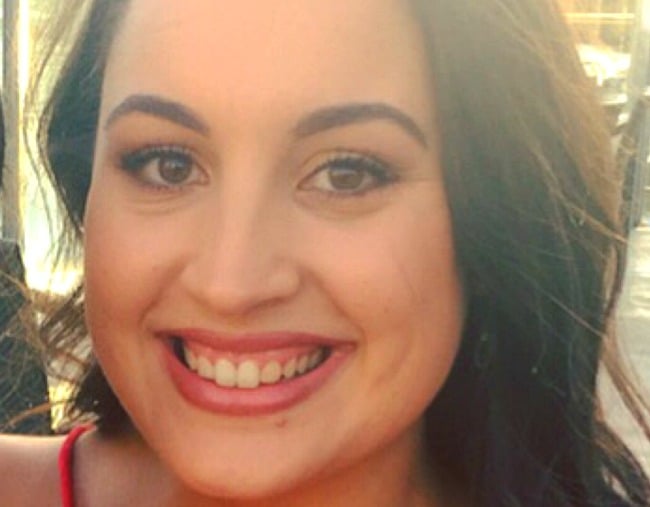
Since taking home her first pay slip when she was 15 years old, Simone had been saving for her own home.
“I’ve been pretty good with my money in terms of saving more so than spending,” the 25-year-old told Mamamia.
“Then when I got my first full time job two years ago I tried to knuckle down and save really hard because I wanted to be able to buy a home as soon as I could.”
On the other hand, these Mamamia staffers are in serious debt.
While her friends moved out, Simone stayed with her parents, saving the money she’d otherwise be spending on rent.
“They were living out of home and having a fun time. I kind of had it still in the back of my head that I wanted to buy. I wanted to pay off my own mortgage rather than someone else’s.”
That attitude paid off when in December last year, she purchased a one-bedroom apartment in the south-east Melbourne suburb of Ormond.
Simone may be the first of her friends to buy a house, but she’s not unique. More and more women are making the call to step onto the property ladder, a recent survey by Westpac shows.
In fact, the survey of more than 1000 Aussie homeowners showed women were more likely to be making property purchases than men. Just over 70 per cent of women surveyed had plans to buy, sell or renovate in the next five years compared to 61 per cent of men. It backs up Westpac’s own lending data showing a 16.5 per cent increase in the number of women buying homes over the past five years.




























































































